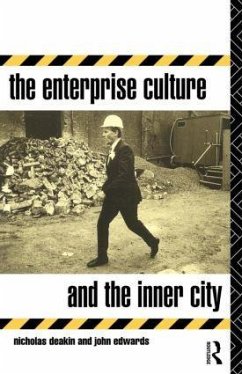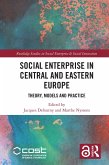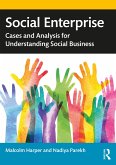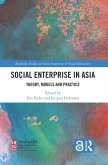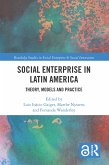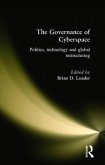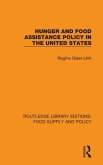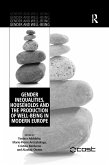Throughout the 1980s and into the 1990s, policy for inner city regeneration underwent a transformation from a reliance on central and local government activity and the use of public funds, to a much heavier dependence on private sector activities and private investment. This strategy was based on a conviction on the part of government that the "engine of enterprise" could achieve in the inner cities what local government had failed to do. It consisted of using relatively small amounts of public resources as incentives to attract commerce, business and industry back to designated sectors in or near to inner city areas. Regeneration would be development-led; enterprise activity would burgeon in the old wastelands; jobs would be created; the "inner city economies" would be revitalized and a dependent population energized by the culture of enterprise. "The Enterprise Culture and the Inner City" evaluates the effectiveness of this strategy in alleviating urban deprivation. By examining four case studies--two urban development corporations, one local government-private sector, and one purely private development--the authors make detailed analyses of job creation, "leverage," impact on local residents and the "trickle effect" from enterprise down to the urban deprived. The study is especially valuable as the fruit of independent scholarship, rather than funded research, in which the authors are able to offer a vigorously independent and critical investigation of government policy. By taking into account the result of the 1992 general election and the implications of the Olympia & York Canary Wharf project, the authors present a tenable prediction for the future of the inner city.

